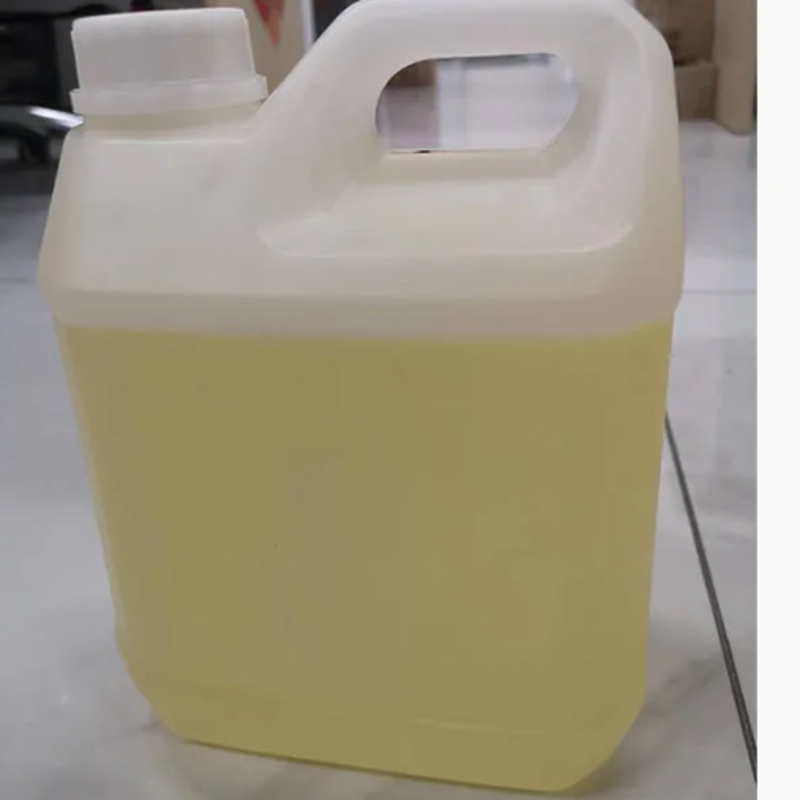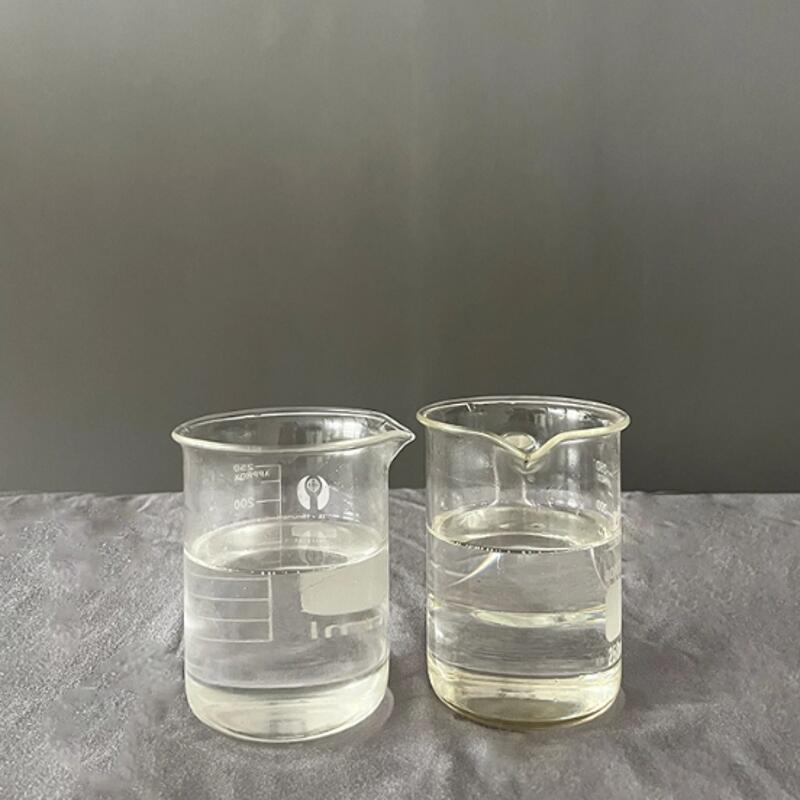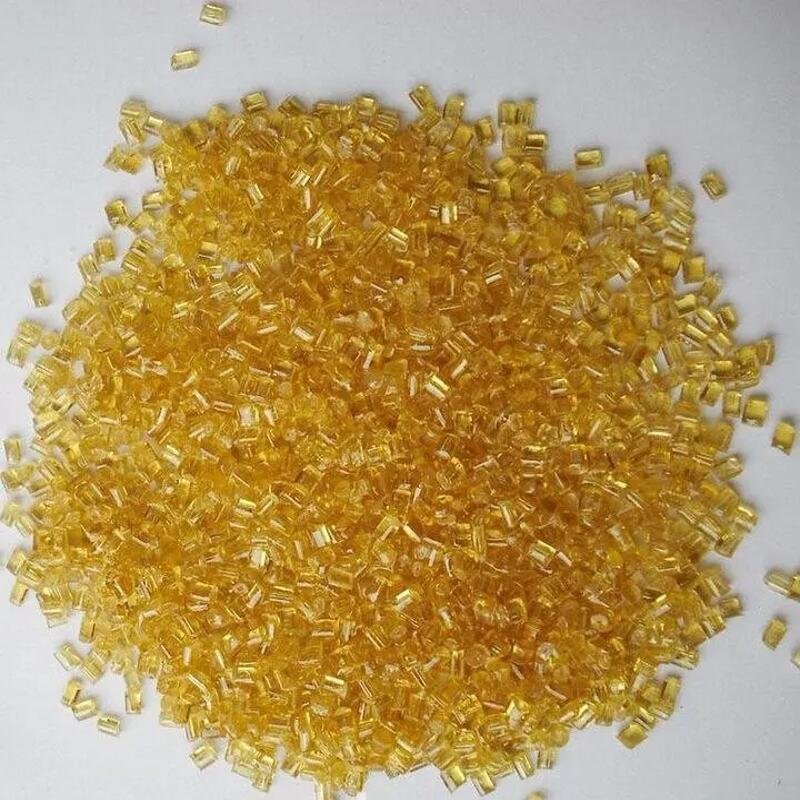-
Categories
-
Pharmaceutical Intermediates
-
Active Pharmaceutical Ingredients
-
Food Additives
- Industrial Coatings
- Agrochemicals
- Dyes and Pigments
- Surfactant
- Flavors and Fragrances
- Chemical Reagents
- Catalyst and Auxiliary
- Natural Products
- Inorganic Chemistry
-
Organic Chemistry
-
Biochemical Engineering
- Analytical Chemistry
-
Cosmetic Ingredient
- Water Treatment Chemical
-
Pharmaceutical Intermediates
Promotion
ECHEMI Mall
Wholesale
Weekly Price
Exhibition
News
-
Trade Service
CMA CGM pledges not to transport any waste plastic anymore
CMA CGM pledges not to transport any waste plastic anymoreOn February 11, CMA CGM Chairman and CEO Rodolphe Sade announced at the "One Ocean Summit" organized by French President Emmanuel Macron that the company will start from June 1, 2022 Will no longer transport any waste plastic cargo on its ships
.
CMA CGM said in a statement that about 10 million tons of plastic waste flows into the ocean every year
.
If no action is taken, this number will triple over the next 20 years to 29 million tonnes per year
.
For this reason, CMA CGM has decided not to transport plastic waste, preventing it from being exported to destinations where sorting or recycling cannot be guaranteed
.
In addition, the company has made it clear that protecting biodiversity is a corporate social responsibility priority
.
Two international organizations released reports:
Call for measures to reduce plastic pollution
Call for measures to reduce plastic pollutionThe International Alliance for the Elimination of Persistent Organic Pollutants (IPEN) and the Center for Environmental Justice (CEJ) recently released a report titled "X-Press Pearl: A New Type of Oil Spill"
.
The report is based on an investigation into the pollution of the marine environment caused by the explosion of the Singapore-registered container ship X-Press Pearl last year, and puts forward the risks brought by the transport of various chemicals by container ships, and calls on the relevant regulatory authorities to take corresponding measures for today’s shipping patterns, to reduce potential risks
.
It is reported that there are a total of 1,486 containers on the "X-Press Pearl", and more than 80 containers contain dangerous goods
.
After the accident, fishing was banned in the 80-kilometer-wide area of the incident, and traces of "polyethylene plastic particles" could be found on the entire western coastline of Sri Lanka
.
This was also confirmed in this report jointly released by IPEN and CEJ, which showed the ship was carrying 1,680 tonnes of plastic pellets
.
After the incident, dead fish, turtles, dolphins and whales washed up on local beaches, along with large amounts of plastic particles
.
To better understand the potential toxicity of plastic pollution, CEJ collected samples of plastic particles and plastic debris from four coastal sites, subjecting the samples to heavy metals, benzotriazole UV (BUV) stabilizers, mono- and polyfluoroalkanes Base Substances (PFAS), Bisphenols and Polyaromatic Hydrocarbons (PAHs) Analysis
.
The results showed that the composition of these samples was consistent with the cargo on board
.
These pollutants are not only physical hazards, but also accompanied by chemical hazards
.
Different chemicals, metals and plastics have different effects on health and the environment and can be corrosive, carcinogenic and endocrine disruptors
.
Some chemicals can remain in the environment, and it is particularly worrying that PAHs have been found on these substances at levels far above safe limits set by the European Union
.
CEJ staff member Chalani Rubesinghe said: “The X-Press Pearl disaster revealed the complexities of transporting chemicals and all steps should be carefully checked to ensure this type of incident does not happen again
.
Our report shows that these incidents have a significant impact on the environment and the The economy has had a huge impact
.
"
Therese Karlsson, Scientific and Technical Advisor to IPEN, added: “As container ships become larger and transport more complex mixtures of chemicals, this accident is a landmark event
.
Therefore, in order to protect coastal populations, actions must be taken.
A range of measures to address the risks posed by today's shipping patterns
.
"
Currently, about 1,000 containers are lost at sea every year
.
The IMO is currently researching how to tackle the problem of plastic pellets lost at sea and how to better track lost containers at sea
.
IPEN and CEJ said that current legislation and practice are not sufficient to mitigate the risks posed by the transport of various chemicals by container ships
.
Hemantha Withanage, President of Friends of the Earth International, said: "As global trade grows, coastal residents of developing countries near busy shipping routes are being threatened by toxic chemicals and plastic pollution from shipping accidents, which could cause them lasting or irreversible damage
.
"
In the X-Press Pearl: A New Type of Oil Spill report, IPEN and CEJ have published a list of recommendations for local communities such as Sri Lanka, which include establishing a system for reporting lost containers and classifying plastic particles as hazardous
.
The fundamental of controlling plastic pollution is to reduce and prevent plastic waste from leaking into the environment.
The recyclable design of plastic products/packages is the starting point for controlling plastic pollution! Join the "Recyclable and Recyclable Design" group friend address book, register the "Plastic Recycling and Recycling Gang" applet to join the group, and discuss hot topics of industry development together!
Container ship X-Press Pearl leak
The container ship X-Press Pearl departed from the port of Hazira in India on May 15, 2021, and the fire broke out the day after it arrived at anchorage about 9.
5 nautical miles from the port of Colombo on May 19 while waiting for a berth
.
The Sri Lankan rescue force quickly arrived.
It was thought that the fire was extinguished.
As a result, the fire continued to burn at the bottom of the container until May 24.
With the help of the bad wind at sea, the fire broke out again, causing an explosion and completely out of control.
The fire has engulfed the ship.
The whole ship from head to stern
.
On May 31, the fire was finally successfully controlled, but the hull structure was severely damaged, and it began to sink significantly on June 1.
Although the disaster relief team tried to tow the fire cargo ship to the open sea to control the pollution, the tugboat mission was completed on June 2.
It was declared "failure", because the X-Press Pearl was head-light and heavy, and the stern quickly fell to the bottom of the sea at a depth of 22 meters, and the bow was sinking and eventually the whole ship sank
.
It is reported that there are a total of 1,486 containers on the "X-Press Pearl", and more than 80 containers contain dangerous goods
.
Full details of the shipment have not been made public, and no one knows for sure what spilled from the container ship
.
After the accident, fishing was banned in the 80-kilometer-wide area of the incident, and traces of "polyethylene plastic particles" could be found on the entire western coastline of Sri Lanka
.
Polyethylene granules are an important raw material for plastic processing.
The most common use is plastic bags for ordinary people's livelihood.
However, in this sea-drifting plastic pollution, the plastic granules all over the coastlines are the deadly killers that cause ecological catastrophe— - From fish, turtles, and seabirds, they may die from eating plastic particles by mistake
.
The plastic particles eaten by small fish may be decomposed into smaller plastic particles and enter the food chain, causing irreversible vicious circle damage to larger cetaceans and even humans
.
Global pact to combat plastic pollution promotes progress
Global pact to combat plastic pollution promotes progressA report found that up to 95% of plastics come from just 10 river systems, eight of them in Asia
.
Much of this originates from developed countries, who have exported it to developing countries for recycling or disposal
.
At the French Ocean Plastics Summit, held from February 9 to 11, 11 countries and territories, Canada, Colombia, Greece, Italy, Norway, South Korea, Spain, Uganda, the local governments of Paris, Central Greece and the Basque Country announced Join the New Plastics Economy Global Commitment
.
This confirms the growing interest and commitment of countries to take urgent action against plastic pollution
.
"More than 70 companies and institutions have issued a statement calling for a legally binding treaty to address plastic pollution before the resumed fifth session of the United Nations Environment Assembly, UNEA5.
2
.
" World Wildlife Fund (WWF) ) Global plastics policy manager Eirik Lindebjerg said in an interview, “We need to build appropriate systems at local, national and global levels to control and regulate plastic pollution
.
Governments need to increase their cooperation
.
'Plastic life cycle' management: From production to termination is the key to tackling plastic pollution
.
"







